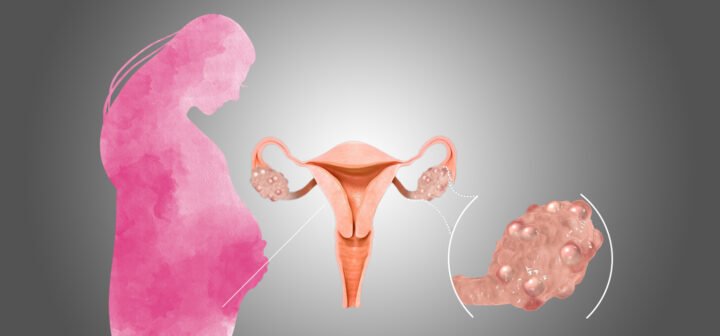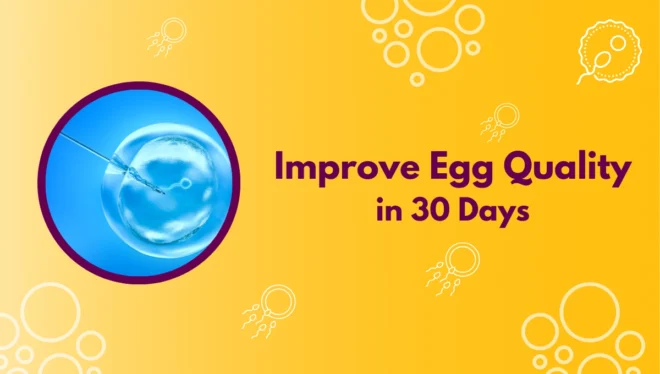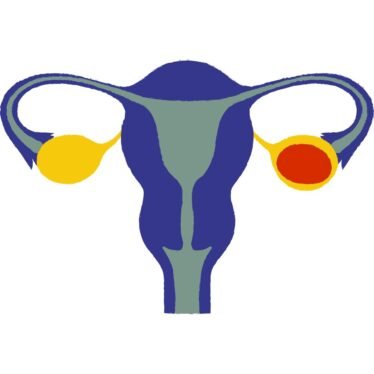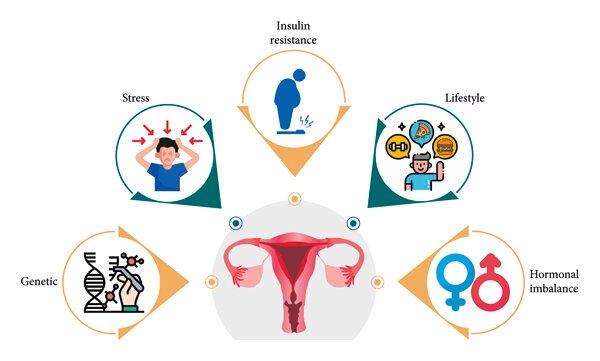Does Ayurveda Medicine Really Work? A Balanced Look with BrosisHerbal

Ayurveda Heals Body
In Today’s Fast Paced Life, We Have Left Behind Our Old Ways Of Living Which Our Elders Used In Their Daily Life. Today Most Of Us Are Adopting These Methods Again In Our Lives As The Torchbearers Of Modern Ayurveda. At BrosisHerbal, We Believe In Both Tradition And Evidence. So Let’s Walk Through What Ayurveda Is, What The Evidence Says, Its Limitations, And How You Can Use It Safely And Effectively.
What Is Ayurveda – A Brief Recap
Ayurveda Is A Traditional System Of Healing Originating In The Indian Subcontinent More Than 3,000 Years Ago. It Emphasizes Balance Of Body, Mind, And Spirit With The Core Idea That Each Person Has A Unique Constitution (Dosha), Often Described As Vata, Pitta, And Kapha. Health In Ayurvedic Philosophy Is About Maintaining Equilibrium In These Doshas, And Disease Arises When They Are Out Of Balance.

Detoxification
Ayurvedic Medicine Includes Many Elements:
- Herbal Medicines And Formulations
- Lifestyle Practices (Diet, Sleep, Daily Routine)
- Physical Therapies (Massage, Oil Treatments)
- Detoxification/Purification Rituals (E.G. Panchakarma)
- Mind–Body Practices (Yoga, Meditation)
These Are Not Meant To Be Stand‑Alone In All Cases, But Many People Use Them As Complements To Modern Medicine, Or In Preventive Health.
What Does The Scientific Evidence Say About Ayurveda?
One Common Criticism People Have About Ayurveda Is:
Where Is The Scientific Proof That It Works?
This Is A Valid Question.
In Recent Years, Researchers Have Started Testing Ayurvedic Treatments Using Modern Scientific Methods. Some Of The Results Are Promising. Let’s Break It Down.
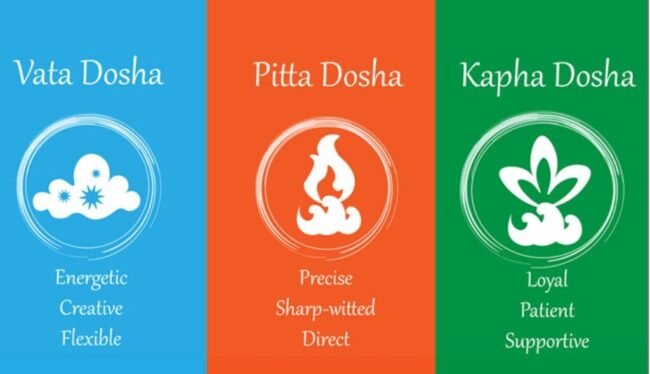
Positive Findings
1. Clinical Trials In Specific Diseases
Some Small Scientific Studies (Called Randomized Controlled Trials) Have Tested Ayurvedic Treatments For Certain Health Conditions.
For Example, During COVID‑19, A Study Tested Ayurvedic Herbs Like Giloy, Ashwagandha, And Tulsi.
People Who Took These Herbs Recovered Faster And Had Less Inflammation Compared To Those Who Didn’t Take Them.
2. Joint Pain & Osteoarthritis
Some Research Shows That Ayurvedic Herbal Mixtures Can Reduce Joint Pain, Stiffness, And Swelling.
In Some Cases, They Work Almost Like Regular Painkillers (NSAIDs). But Most Of These Studies Are Small, So We Need More Research.
3. Herbs With Scientific Backing
Many Individual Herbs Used In Ayurveda — Like Turmeric (Curcumin), Ashwagandha, Giloy, Neem, And Tulsi — Have Been Studied.
These Herbs Have Shown Benefits Such As Reducing Inflammation, Fighting Stress, And Boosting Immunity — In Lab Tests, Animal Studies, And A Few Human Trials.
4. Reviews Of Research
Some Researchers Have Reviewed Many Studies On Ayurveda. While The Quality Of Some Studies Is Weak, There Is Still Evidence That Certain Ayurvedic Herbs And Treatments Can Be Helpful In Specific Cases.
Limitations, Gaps, And Risks
While The Research Is Encouraging, There Are Still Some Problems And Risks With Ayurvedic Treatments.
1. Weak Research Quality
Many Studies On Ayurveda:
- Have Very Few Participants
- Don’t Have Strong Testing Methods
- Are Not Tested Over Long Periods
This Makes It Hard To Fully Trust Or Apply The Results To Everyone.
2. Different Treatments For Different People
In Ayurveda, Treatment Depends On Your Body Type (Dosha).
Two People With The Same Disease Might Get Totally Different Herbs.
This Makes It Hard To Create One “Standard” Treatment For Scientific Testing.
3. Safety Issues
- Contamination: Some Ayurvedic Products Have Been Found To Contain Dangerous Levels Of Lead, Mercury, Or Arsenic. This Happens Due To Poor Quality Control.
- Hidden Ingredients: Some Products Contain Steroids Or Chemicals That Aren’t Listed On The Label. These Can Cause Unexpected Side Effects.
- Mixing With Modern Medicine: Some Ayurvedic Herbs May Interact With Your Regular Prescription Drugs. If You Take Them Without Consulting A Doctor, It Could Be Risky.
4. Loose Regulations
Ayurvedic Products Are Often Not Regulated As Strictly As Modern Medicines.
This Means:
- The Quality, Strength, And Safety Of Products Can Vary
- Different Brands May Have Different Ingredients Or Dosages, Even If The Label Looks The Same
- It’s Harder To Trust That What You’re Buying Is Safe And Effective
5. Delaying Proper Medical Treatment
For Serious Illnesses Like Infections Or Cancer, Relying Only On Ayurvedic Treatment (And Avoiding Modern Medicine) Can Be Dangerous.
Ayurveda Can Support Healing But In Some Cases, It Should Not Replace Regular Medical Care.
How To Use Ayurveda Medicine Wisely
At BrosisHerbal, We Believe Ayurveda Can Work Especially As A Preventive Health Tool, For Enhancing Wellbeing, For Chronic (Rather Than Acute) Conditions, And When Used With Care. Here’s How To Approach It Wisely:
Consult Qualified Practitioners
Always Seek Guidance From A Trained Ayurvedic Doctor Or Practitioner, Especially If You’re Dealing With Serious Health Issues Or Taking Medications. They Know How To Choose The Right Herbs, Dosages, And Monitor For Side‑Effects.
Go For Quality Products
Choose Brands Like BrosisHerbal We Ensure That Follow Good Manufacturing Practices (GMP), Do Rigorous Testing (Heavy Metals, Microbial Contamination, Etc.), Have Transparent Ingredient Sourcing, And Good Reviews.
Use Ayurveda As Complementary
Rather Than Seeing It As “Either/Or” With Modern Medicine, Think Of Ayurveda As Complementary. It May Support Healing, Reduce Side Effects, Improve Quality Of Life, Or Help With Prevention, But Sometimes Modern Interventions Are Indispensable.
Lifestyle First
Ayurveda Places Strong Emphasis On Diet, Sleep, Daily Routines, Stress Management — Many Of Which Are Also Supported By Modern Science. These Often Make Big Differences And Have Low Risk. Herbs Or Treatments Work Better When You Have A Healthy Baseline (Sleep, Nutrition, Hydration, Exercise).
Monitor And Adjust
Because Individual Responses Vary, Pay Attention To How Your Body Reacts. If Something Causes Adverse Symptoms, Stop, Consult. Keep In Mind Herbs Can Interact With Drugs Or Cause Allergic Reactions Just Like Any Therapy.
Demand Transparency And Evidence
Look For Brands That Publish Test Reports, References To Clinical Trials Or Studies, Full Labeling. As Consumers We Have Power: Choose Products That Are Responsible.
Where Ayurveda Shines & What Are Realistic Expectations
It Helps To Set Realistic Expectations. Ayurveda Is Most Likely To Work (Or Has Stronger Evidence) In:
- Managing Chronic, Mild To Moderate Problems: E.G. Digestion Issues, Mild Inflammation, Mild Anxiety Or Stress, Fatigue
- Preventive Health: Boosting Immunity, Supporting Metabolic Health
- Quality‑Of‑Life Improvements: Sleep Quality, Skin Health, Joint Mobility
It Is Less Reliable (Or Far Less Evidence) For:
- Acute, Life‑Threatening Or Urgent Conditions (E.G. Heart Attack, Severe Infection)
- Claims Of Miraculous Cures Or One‑Size‑Fits‑All Formulations For Complex Diseases Without Strong Evidence
- Overpromising Without Acknowledging Risks
The Future: When Science And Ayurveda Medicine Work Together
The Future Of Ayurveda Looks Bright Because Science And Tradition Are Starting To Come Together. Here’s How:

Ayurveda Medicine Meets Modern Science
1. Better Research
Scientists Are Now Doing Better-Quality Studies To Test Ayurveda Medicine And Treatments.
These New Studies Are More Suited To How Ayurveda Medicine Actually Works Meaning They Look At Personalized Treatments, Not Just One-Size-Fits-All.
2. Improved Safety And Quality
There Are New Efforts To Make Sure Ayurveda Medicine Are:
- Standardized (Made The Same Way Every Time)
- Properly Regulated (Checked By Authorities)
- High In Quality (Pure And Safe To Use)
This Will Help People Trust Ayurveda Medicine More.
3. Understanding How Herbs Work
Researchers Are Also Studying How Ayurvedic Herbs Work Inside The Body
Like How They:
- Fight Inflammation
- Act As Antioxidants
- Boost The Immune System
These Studies Are Happening At A Cellular And Molecular Level (Very Small, Scientific Level).
4. Combining Modern And Ayurveda Medicine
Doctors And Researchers Are Exploring Integrative Medicine Which Means Using Both Ayurveda And Modern Medicine Together To Give People The Best Of Both Worlds.
Final Thoughts: Does It Really Work?
Yes, Ayurveda Does Work In Many Contexts. But It’s Not Magic. Its Effectiveness Depends Heavily On:
- The Condition Being Treated
- The Quality Of The Medicine Or Herbs Used
- The Skill And Integrity Of The Practitioner
- How It’s Used (In Conjunction With Good Lifestyle, Proper Dosage, Etc.)
- Whether You Allow Time — Many Ayurvedic Treatments Are More Gradual
At BrosisHerbal, We Stand Behind The Belief That Nature Has Powerful Tools And That Traditional Systems Like Ayurveda Offer Valuable Insights. Our Mission Is To Bring You Products That Uphold High Standards Of Safety And Efficacy, And Information That Helps You Make Informed Decisions.



